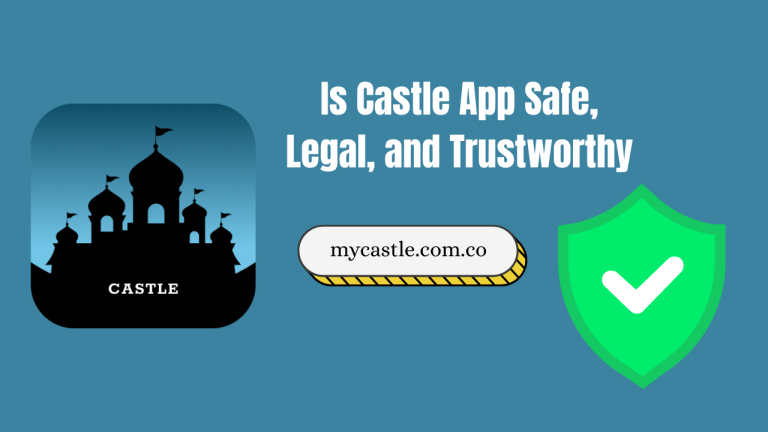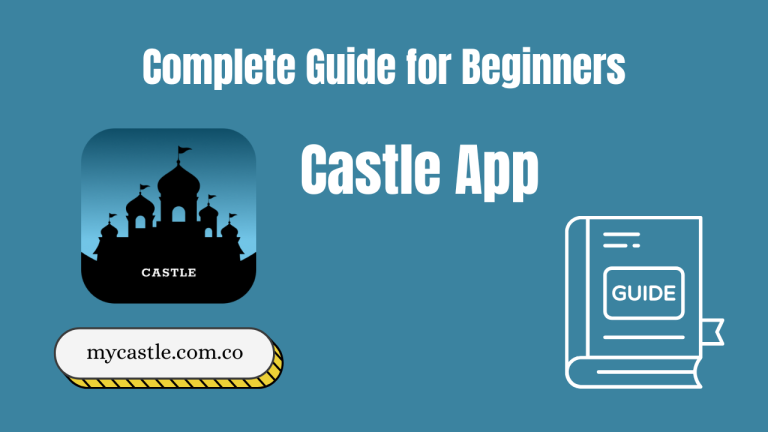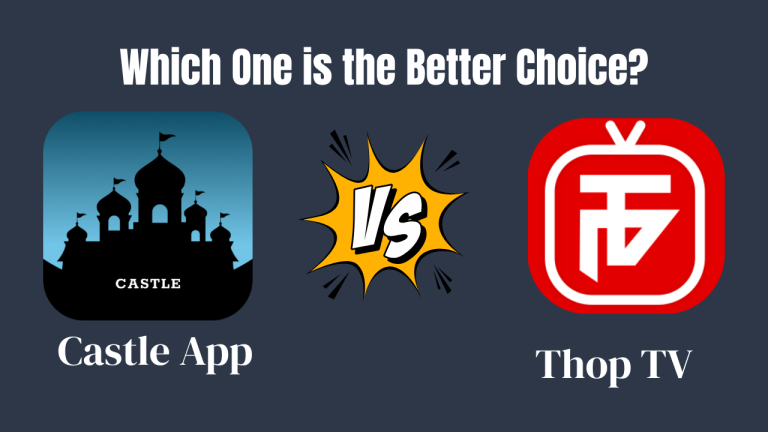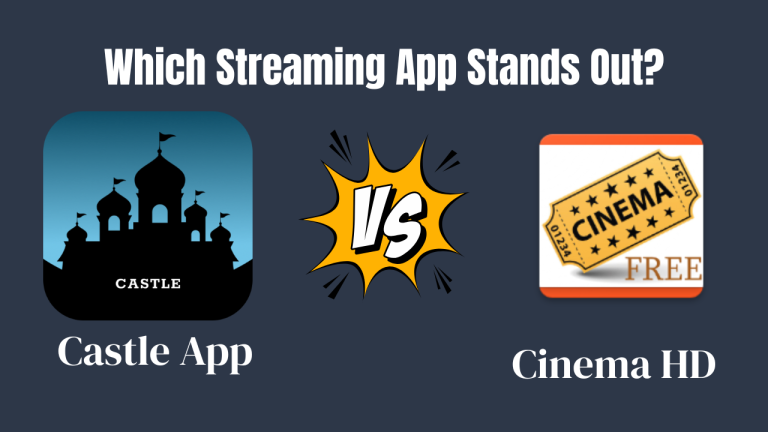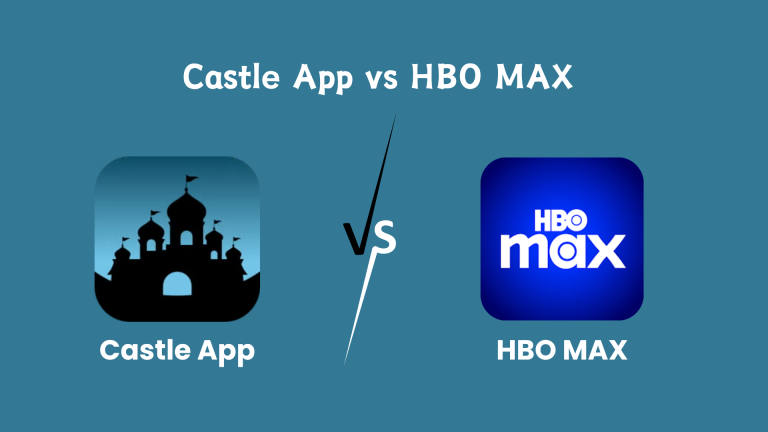Why is the Castle App Unavailable on Google Play Store?
The Google Play Store is often the first and most reliable place where Android users go to download their favorite apps. However, not every app finds its way to be listed on this platform, and some popular apps, such as the Castle app, are unavailable on Google Play despite their widespread presence and usage elsewhere. This raises important questions: Why is the Castle app missing from the Google Play Store? Is the app unsafe or not meeting the required standards? In this article, we’ll delve into the reasons behind the absence of the Castle app from the Google Play Store and explore the potential risks and alternatives for downloading the app.
The Purpose Behind Castle App’s Development
The Castle app is designed as a multifunctional streaming platform that aggregates a variety of video content, including entertainment, sports, news, and more, in one convenient location. The app has gained popularity across a large user base, offering free streaming options to millions of users. Despite its success and increasing demand, its unavailability on the Google Play Store has sparked concerns and curiosity among potential users. So, what could be the reasons for this absence? Let’s explore the most common factors that could explain why the Castle app is not listed on the Google Play Store.
Google Play Store Policy Restrictions
Google Play Store enforces strict policies that every app must adhere to in order to be listed on its platform. Developers are required to comply with these terms and conditions; otherwise, they are not granted permission to distribute their apps on the Play Store. The guidelines are designed to ensure user safety and content quality. Here are some key policy criteria that could prevent the Castle app from being listed
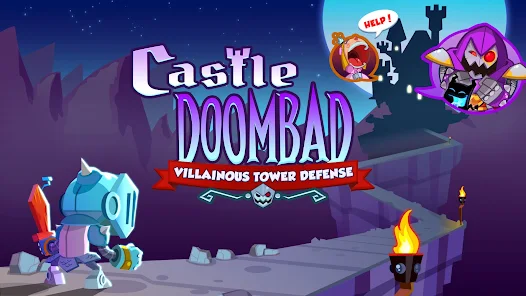
Content Quality Standards
Google Play Store only allows apps that offer valuable, high-quality content. If an app distributes misleading information, offensive content, or contains adult or violent material, it will likely be rejected. The Castle app must adhere to these guidelines to ensure that the content it streams is appropriate for all users. If the app fails to meet these standards, it could be the reason for its absence from the Play Store.
Monetization & Ad Policies
Google also restricts apps that are designed primarily to generate traffic through unnecessary and irrelevant advertisements. Apps that aggressively display ads without adding value to the user experience are not allowed. Additionally, apps that generate revenue through shady practices or excessive pop-ups are not accepted.
Security & User Safety
Google Play Store maintains strict security protocols for all apps to ensure that users are not exposed to malware, spyware, or other forms of digital harm. Apps that fail to meet these security standards or cause users to download additional apps that may be harmful are rejected. If the Castle app presents a potential security risk, this could be a reason for its exclusion from the Play Store.
Violation of Regional Regulations
Google Play Store operates globally, and its policies and guidelines are set based on regional legal requirements. If an app violates local laws or regulations in specific regions, it may be restricted from being available in that region. Different countries have distinct regulations related to data privacy, content distribution, financial transactions, and more. If the Castle app fails to comply with these regional rules—especially in key markets—it may not be granted access to the Google Play Store. For example, certain countries have strict data privacy laws that apps must adhere to in order to be listed.
Developer’s Decision to Avoid Google Play Store
It’s important to note that the Castle app’s unavailability on Google Play doesn’t necessarily mean it’s unsafe or insecure. There could be other reasons, such as the developer’s preference for distributing the app outside the Play Store due to conflicts with Google’s policies. These reasons may include:
Monetary Policies
Google takes a significant cut from developers who distribute apps on the Play Store. Developers may not agree with this revenue-sharing model and choose to bypass the Play Store to keep all the earnings. This is often the case with apps that rely heavily on subscriptions or in-app purchases.
App Development Restrictions
Google’s app development policies impose certain restrictions that developers may find limiting. If the Castle app developers wish to implement features or functionalities that are not compliant with Google’s guidelines, they may choose to distribute the app on their own or through third-party platforms.
Targeting a Niche Audience
Some apps are designed to cater to a specific audience or niche market. Developers may prefer to distribute such apps directly to users rather than relying on Google Play Store’s broad audience. This allows them to maintain control over how the app is marketed and how users interact with it, bypassing Google’s guidelines in the process.
Downloading the Castle App from Third-Party Sources
While the absence of the Castle app on the Google Play Store may raise concerns about its safety, it’s important to note that downloading apps from third-party sources can carry certain risks. Users might wonder whether it’s safe to download the Castle app from alternative platforms. Here are some key factors to consider:
Security Threats from Third-Party Platforms
Downloading apps from unofficial sources can expose your device to significant risks. Many third-party platforms may host malware or other malicious software that could harm your device. Unlike the Google Play Store, which thoroughly scans apps for security threats, third-party sites may not have such protections in place. As a result, downloading apps from these sources could lead to data loss, malware infections, or compromised security.
No Automatic Updates
Another significant drawback of downloading the Castle app from third-party platforms is the lack of automatic updates. Google Play Store automatically pushes updates to apps, ensuring that users always have the latest version with bug fixes, security patches, and new features. However, if you download the Castle app from a third-party site, you’ll need to manually download and install updates whenever a new version is released. This means you may miss out on important updates or encounter bugs and glitches in older versions.
Uncertainty Regarding Legal Compliance
Many users are unaware of the local laws that govern third-party app distribution. Some third-party sources may not comply with data privacy or intellectual property laws, which could lead to legal complications for users who download apps from these sites. Before downloading any app from an unofficial source, it’s crucial to ensure that the platform complies with local regulations and protects your personal data.
Conclusion
The Castle app’s unavailability on the Google Play Store could be due to a variety of factors, ranging from Google’s strict policy restrictions to the developer’s decision to bypass the platform altogether. While the app may not be available through the Play Store, it doesn’t necessarily mean that it’s unsafe or unreliable. However, users should exercise caution when downloading apps from third-party sources, as they can expose their devices to security threats, outdated versions, and potential legal risks. It’s essential to ensure that any app downloaded from external platforms is secure and meets the necessary privacy and legal standards.

